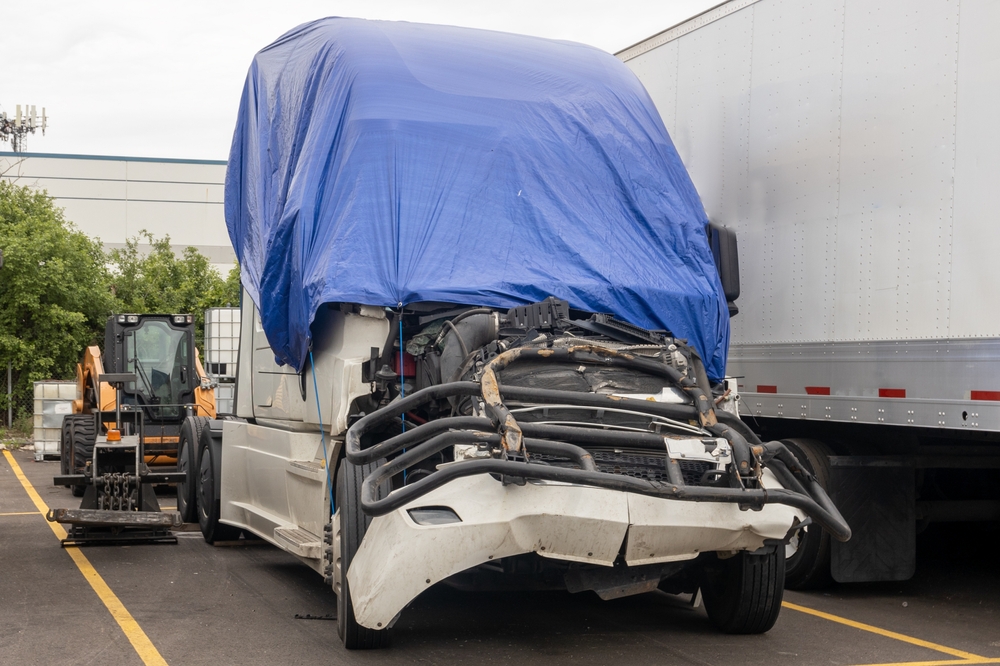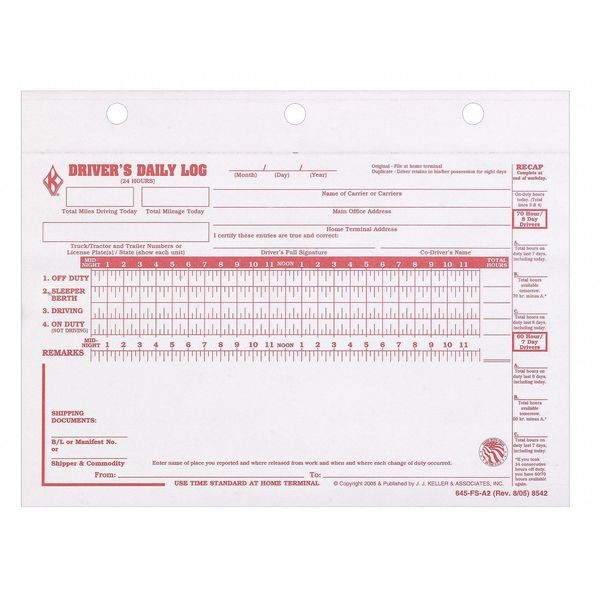Like car accidents, truck accidents can result in serious damages and injuries. After suffering severe injuries, an injured person may file a lawsuit against the at fault driver. While an injured person can file a personal injury claim, there is a time restriction to do so.
What Is a Statute of Limitations?
A statute of limitations is a law that sets forth the amount of time you will have to file a lawsuit. The statute of limitations can vary by state and depends on the type of claim.
The statute of limitations for personal injuries in truck accidents in Georgia is generally two years from the time of the accident. This time clock begins to run on the date of the accident. If an injured person fails to file an injury claim within this timeframe, then they almost certainly will not be able to recover damages.
Sometimes the statute of limitation can be lengthened or shortened substantially. For example, in Georgia, a claim against a city government arising out of a truck accident must be reported to the government within 6 months.
Failure to do so will bar the claim. A statute of limitations may be extended if, for example, the injured person has a mental disability that prohibits him from filing the claim.
Injuries Caused by Trucking Accidents
Truck accident injuries can be more serious than regular car accident injuries since trucks are bigger, heavier, and (generally speaking) more dangerous than automobiles. Injuries resulting from truck accidents can vary, depending on the severity of the accident. Common injuries include:
- Broken bones;
- Back and neck injuries;
- Head injuries;
- Spinal cord injuries and paralysis;
- Internal injuries; and
- Cuts, scrapes, and lacerations.
In the most severe cases, truck accidents may also be fatal.
Truck Accident Injury Compensation
A personal injury claim after a truck accident may compensate the injured person for theirinjuries. Compensation may be recovered for:
- Medical treatment,
- Medical expenses,
- Rehabilitation,
- Lost wages, and
- Long-term disability.
If the truck accident resulted in a death, wrongful death damages might also be available.
Common Causes of Truck Accidents
Truck accidents can happen for many different reasons. Some of the causes include:
- Distracted driving,
- Driving under the influence,
- Speeding,
- Lack of proper training,
- Brake issues, and
- Inadequate truck maintenance.
Truck accidents may result from the truck driver’s negligence. They may also result from the other vehicle’s negligence. The facts and circumstances of the crash must be investigated thoroughly to determine who is at fault.
Filing a Claim
If you have been involved in a tractor trailer accident, it is imperative to file a claim with your insurance company right away. Most insurance companies require that you report your accident immediately, or as soon as possible.
Note that filing a claim with your insurance company and filing a lawsuit is not the same thing. Statutes of limitations are imposed on lawsuits, not insurance claims. Getting your insurance claim going as soon as possible is essential. This allows you to start negotiating a settlement while leaving time to file your lawsuit should the need arise.
Contacting a Georgia Truck Accident Attorney
Truck accidents and car accidents are very different. While in some cases you may be able to resolve a car accident claim on your own, truck accident claims are much more complicated. It is wise to consult a Georgia truck accident attorney as soon as possible. An experienced attorney will review your case and advise you of legal options that can help you get just compensation.
We pride ourselves in offering our clients the highest quality service while advocating for their rights. Contact us today, and let’s see how we can help you.










